Lebanon
Lebanon is a tiny country in the Middle East, even a few days or a week is enough to see a lot. It's located in probably the most unfortunate place on Earth, squeezed between war-torn Syria and Israel with which the relations still remain tense.
Because of this, many of the tourists who previously had visited the Middle East, prefer to opt for "safer" destinations. Lebanon, as a result of this is an off the beaten path destination that has so much in its offer. And, contrary to popular belief, we felt safer in Beirut than in Paris or London. Way safer - either during the day or at night.
Lebanon, despite of its size, is a diverse and a very interesting country. Beirut, is absolutely beautiful - the golden architecture, the ancient ruins and probably the only city where you can find mosques and churches side by side. The sea side is also very attractive - especially the "pigeon rock". Not too mention the superb, fresh Lebanese food.
The nearby mountains are snow covered until May in spite of the hot Mediterranean climate in the lowlands. The cedar forests, the valleys, the caves - Lebanon is an amazing and authentic country to visit, especially now - without hordes of western tourists!
Take a look at the posts I've prepared about this fascinating country. I'll keep adding more.
Beirut used to be called the "Paris" of the Middle East. But to be honest, after having visited both cities, it's way more interesting than the real Paris. Thanks to the diversity of various cultures, the city boasts influences from Europe and the Middle East. It is especially evident in the unique, golden architecture around the Nijmeh Square. Due to the city's sensitive location, this diversity is not only a blessing but, unfortunately also a curse. As recently as the 1990s, Beirut was heavily damaged by the Lebanese Civil War. Now it has been rebuilt and if it wasn't for the reputation of the region, Beirut would be as popular as all the other great cities on our planet. But is it safe to visit it now?
At first, Qadisha Valley wasn't in our itinerary of places to see in Lebanon. Apart from the obvious sites of this fascinatingly diverse country, like Beirut, Byblos or the ancient Roman ruins at Baalbek, we wanted to see the Lebanese cedar forests in their natural environment as well as the spectacular Baatara sinkhole waterfall which is one of the most unique natural phenomenons I've seen.
However, after we organized a trip to Baatara/Cedar Forest Natural Reserve, our guides recommended we also see the magnificent yet way less known Qadisha Valley. And it was such a great piece of advice! Although the other two natural wonders are spectacular, it takes only a very short tome to visit them. Qadisha Valley, in turn, proved to be an amazing journey into the past where history of hermits and monks who had lived in the cave dwellings intertwines with the breathtaking views of the gorges and high mountainous peaks covered with white blanket of snow.


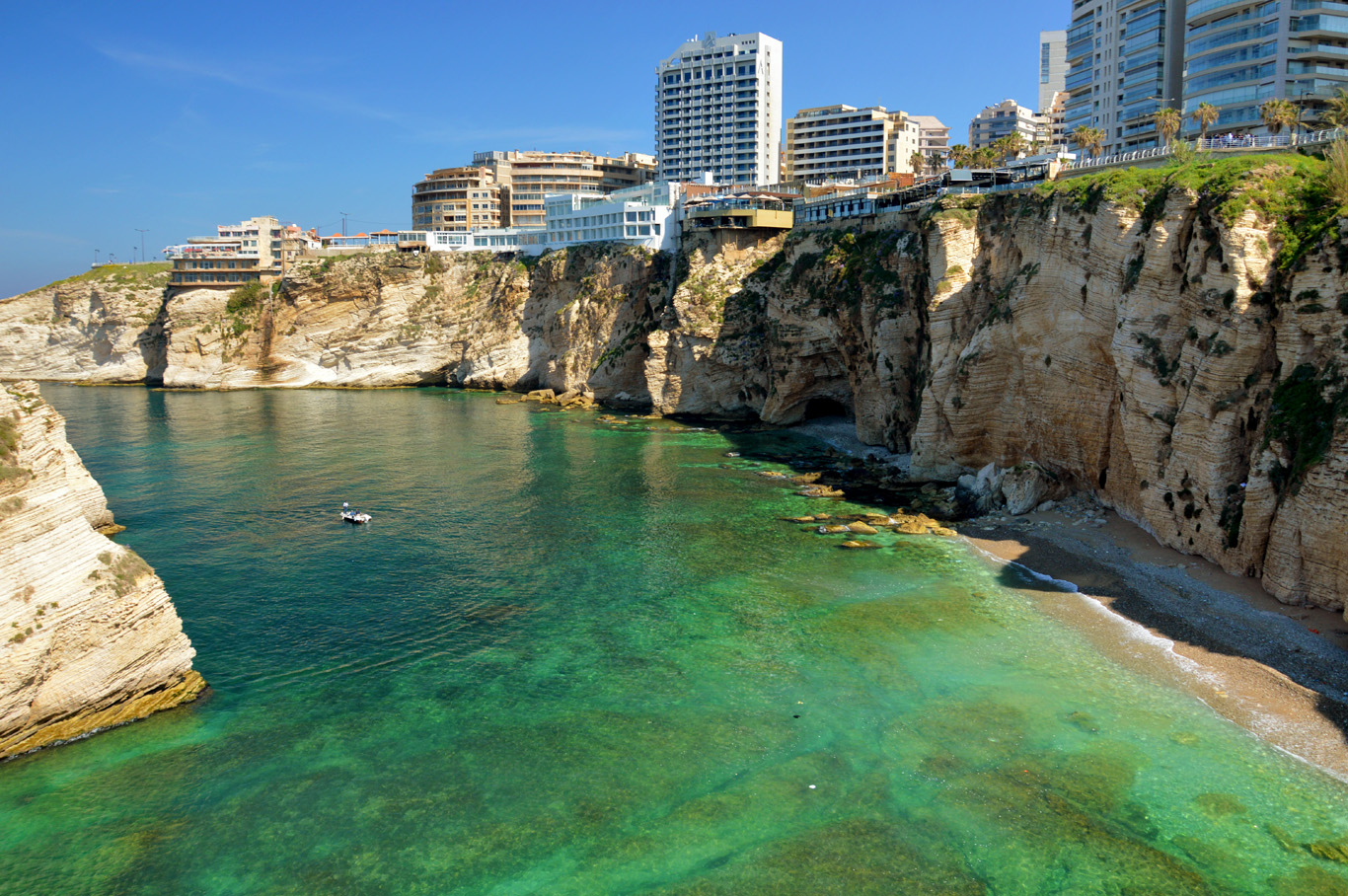
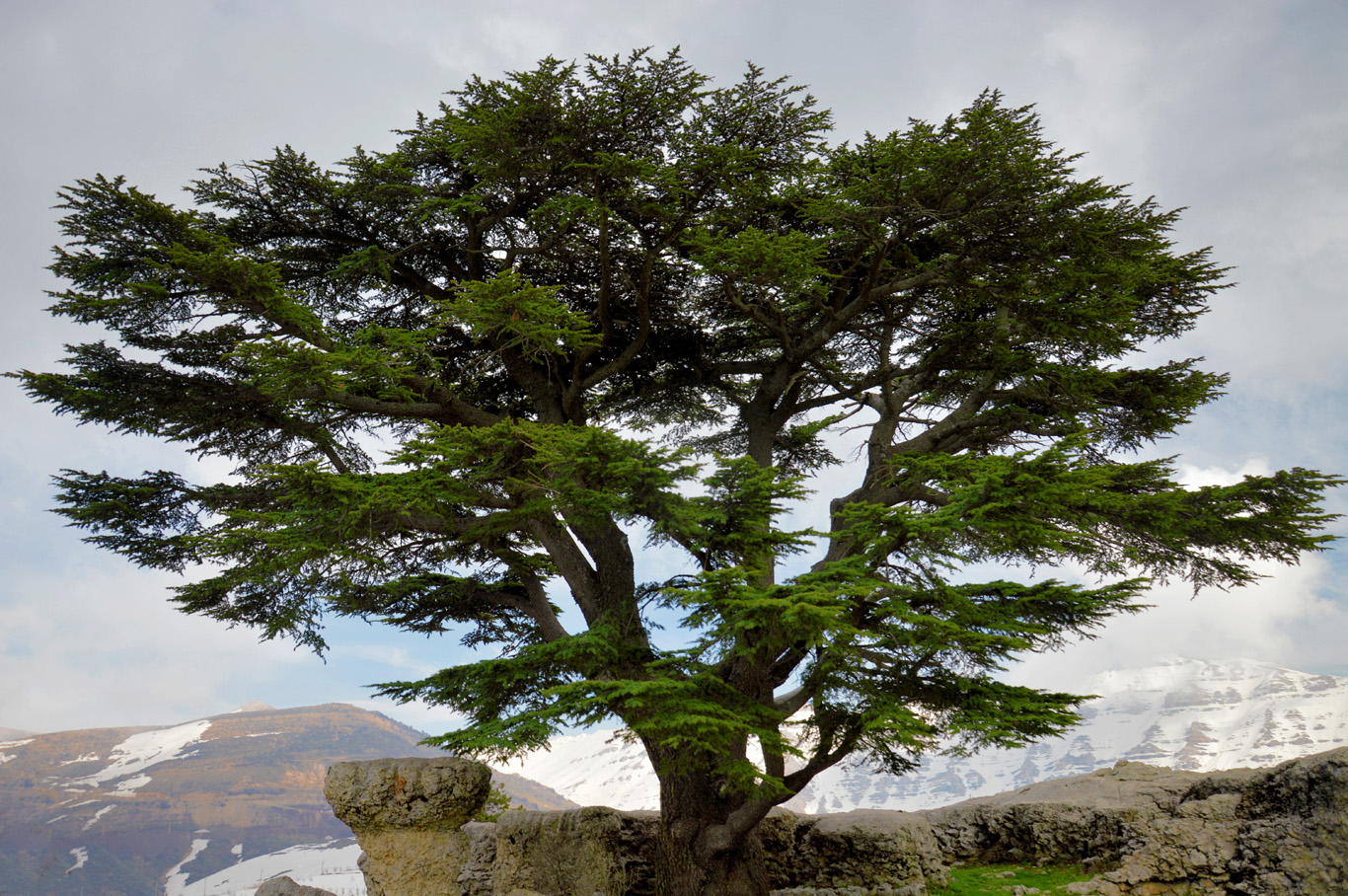
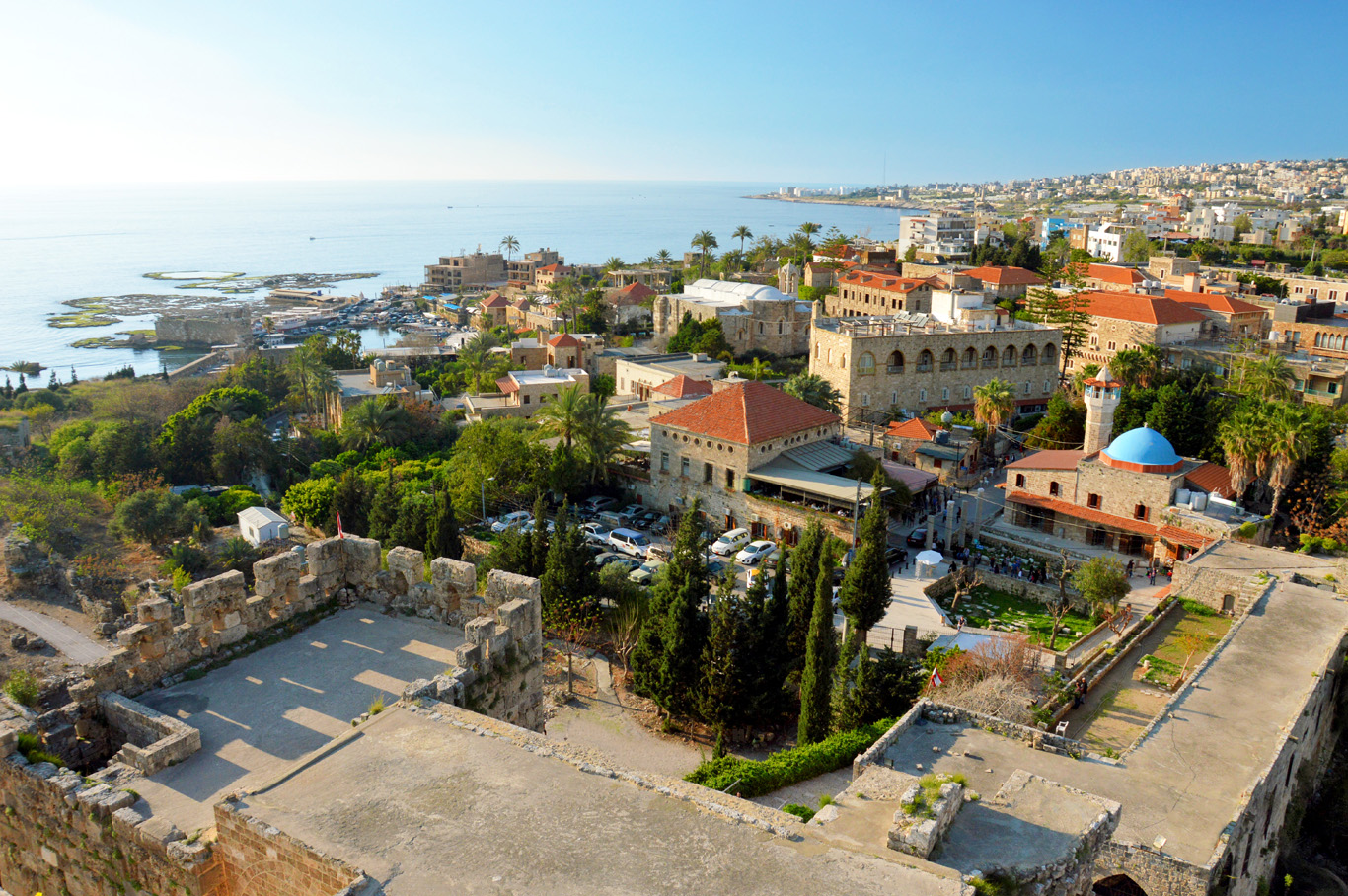

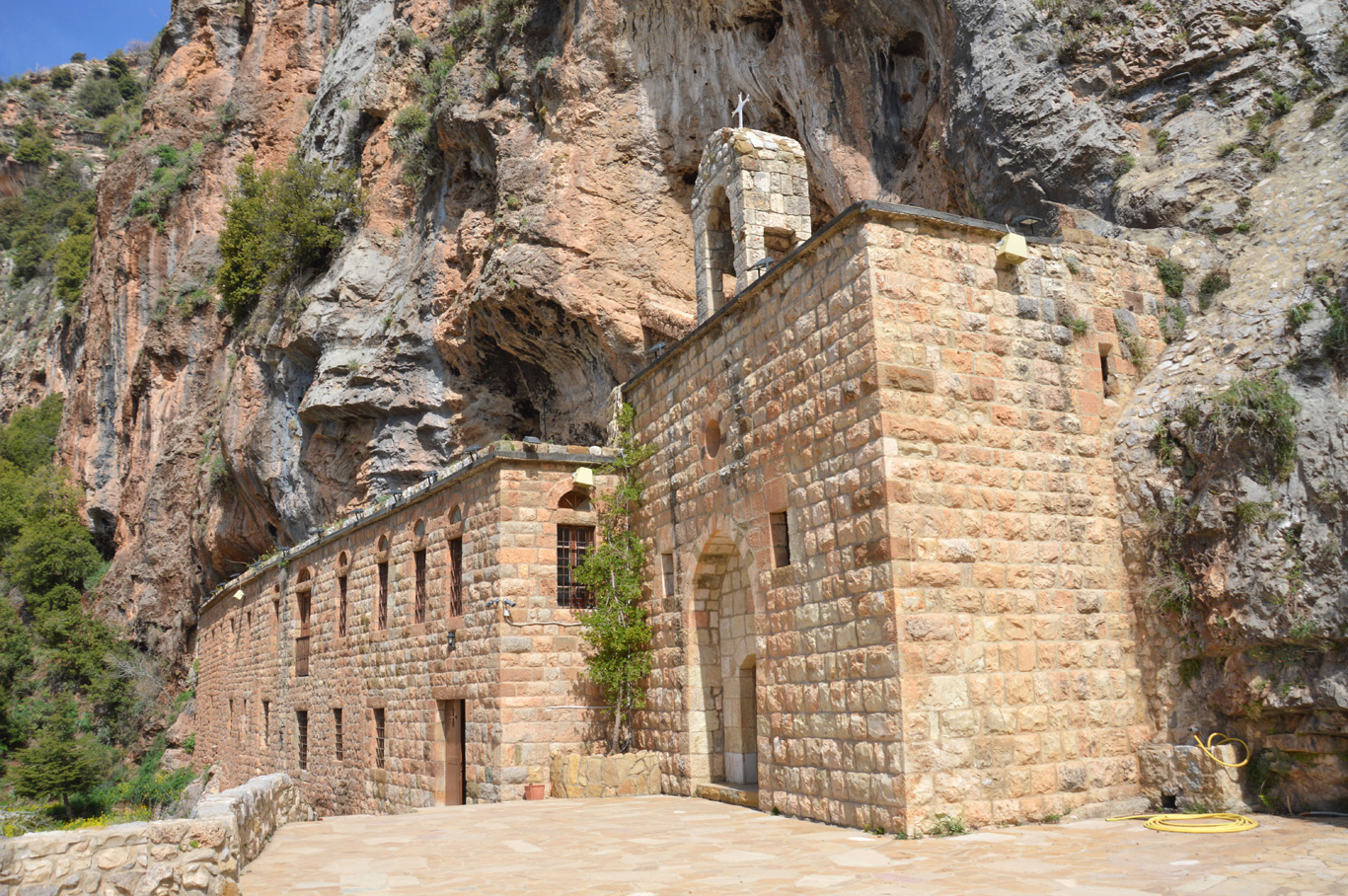
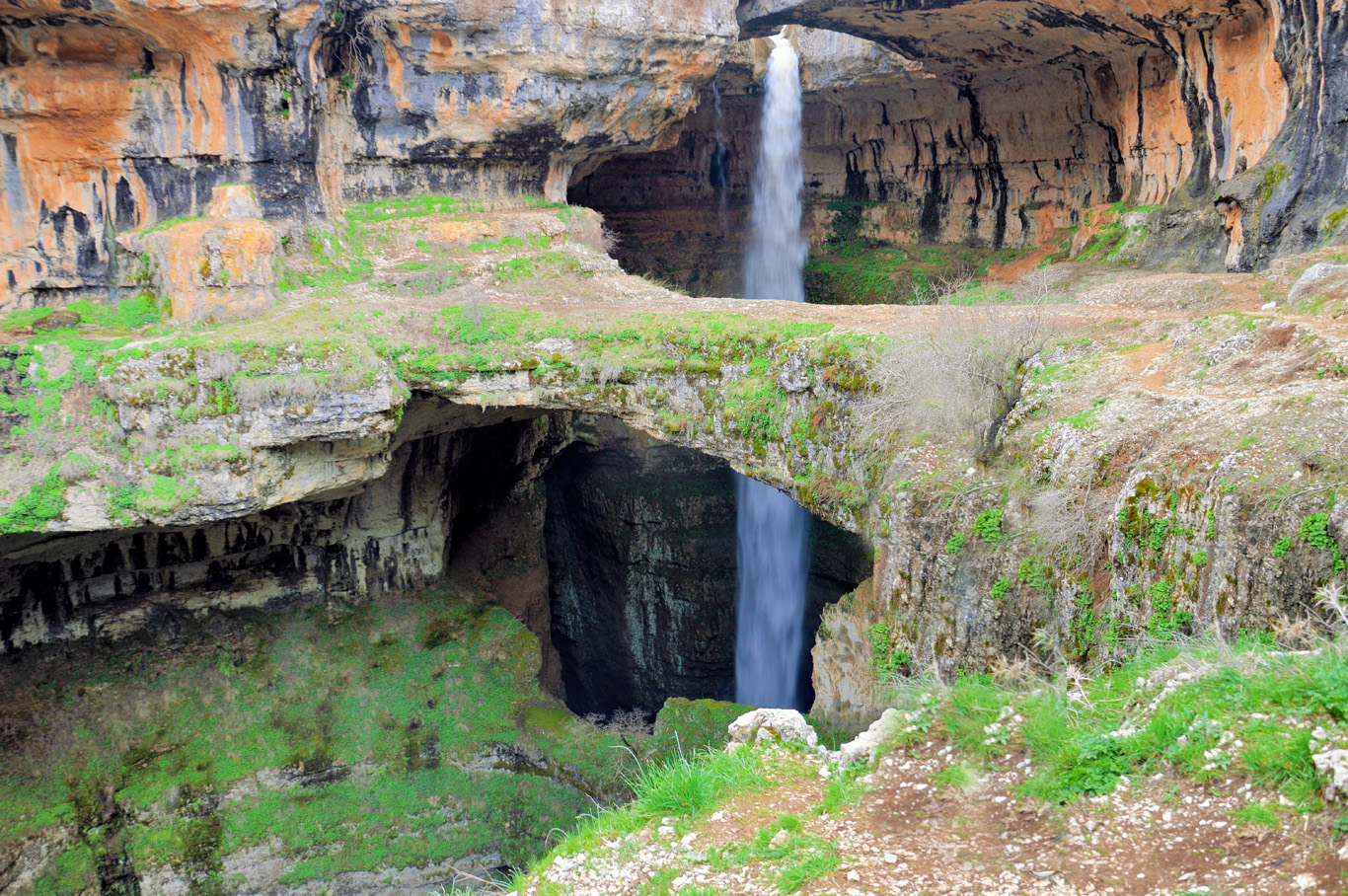





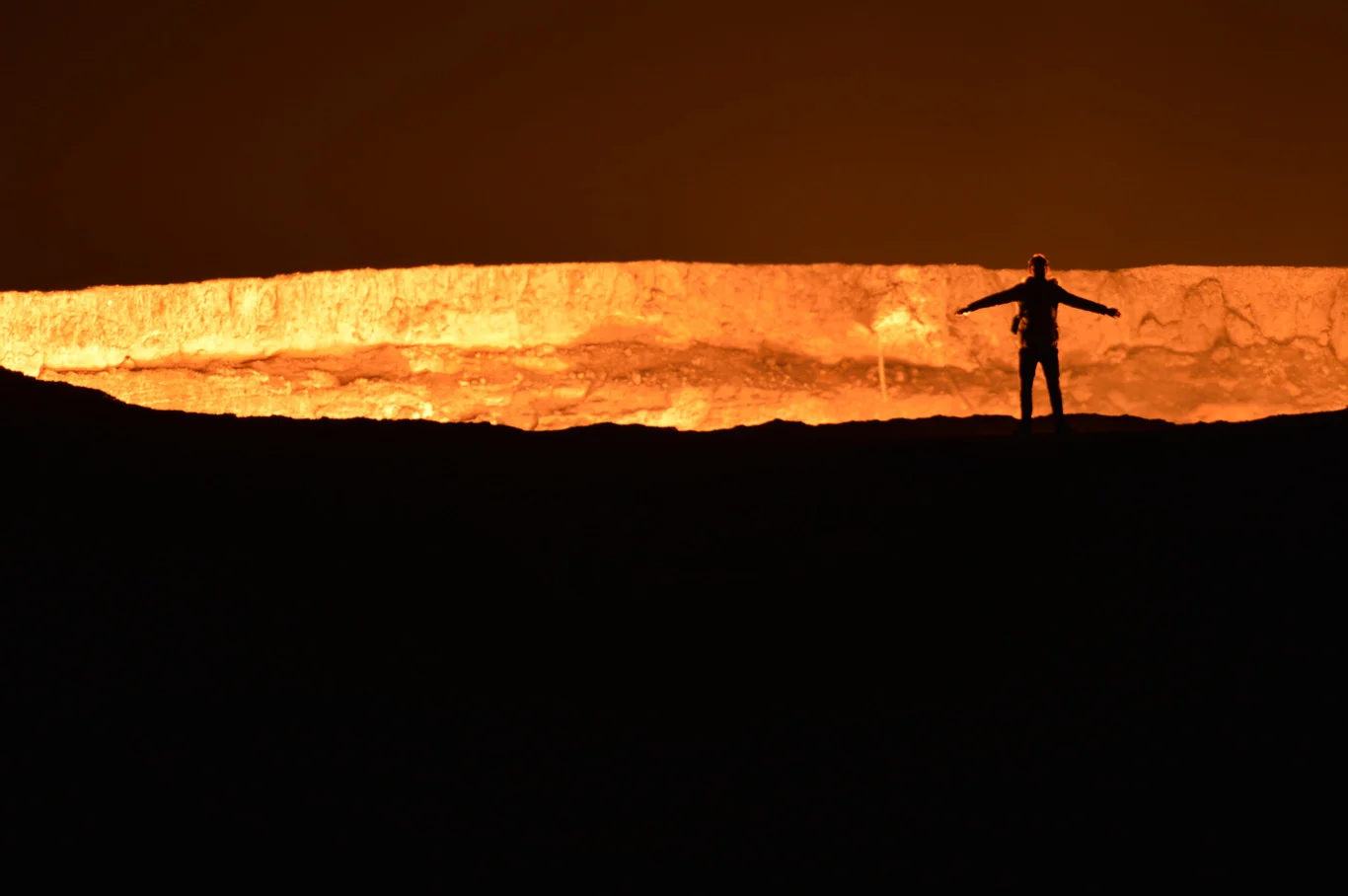




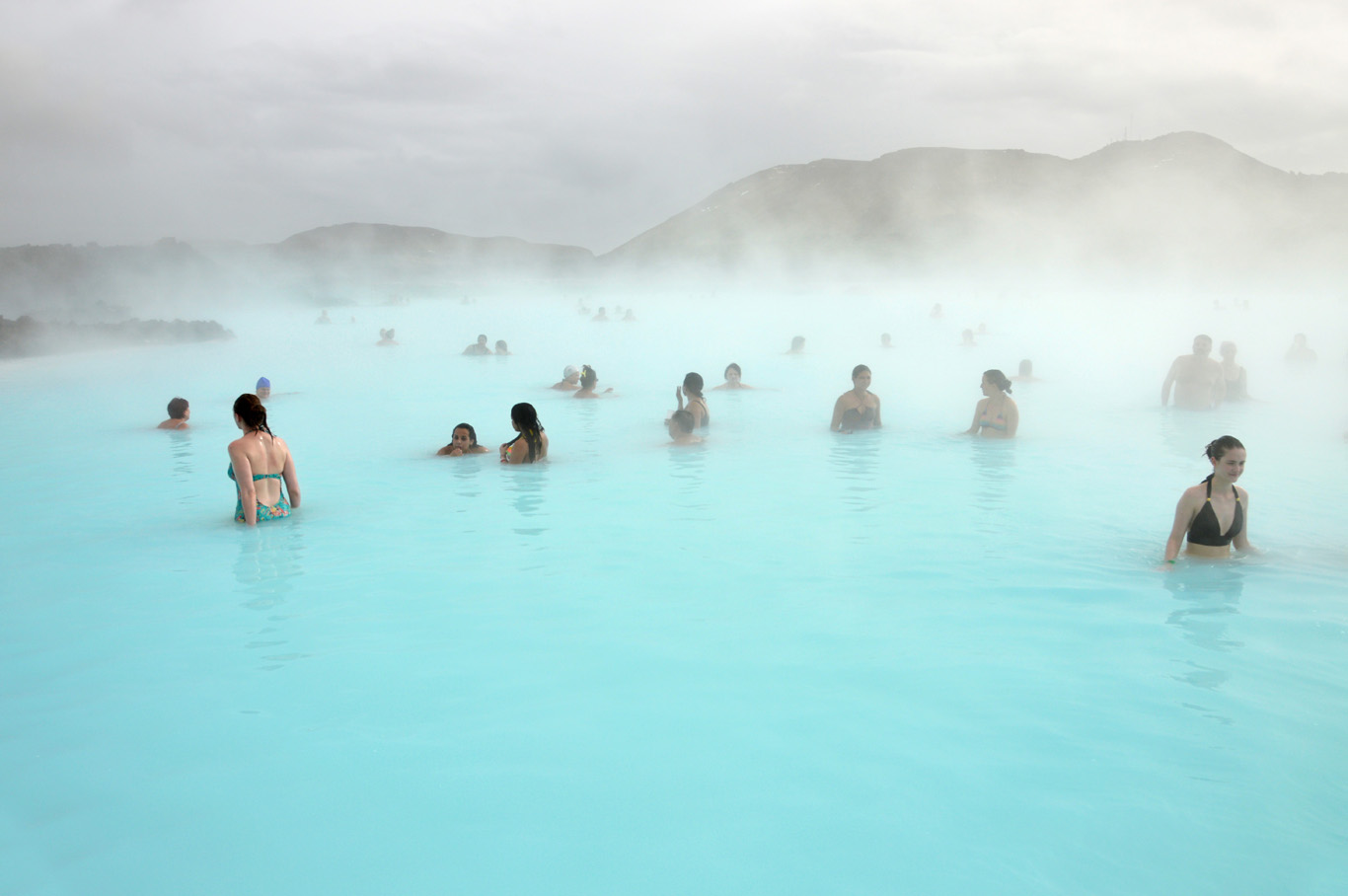

Lebanon is located right beside the countries involved in the recent world's most serious conflicts. Although this little strip of land along the Mediterranean sea is so attractive for potential tourists, it might seem that tourism has virtually died out due to the civil war in the neighboring Syria. But is it true? Do you plan to visit Lebanon in spite of the fact that most of government websites discourage to do so? Find out if Lebanon felt safe for us - from a point of view of an ordinary traveler.